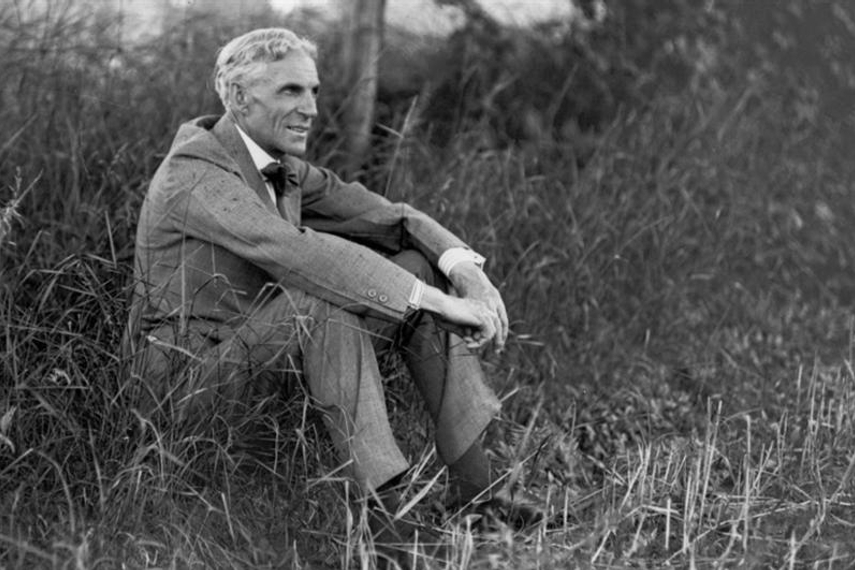
Please sign in or register
Existing users sign in here
Having trouble signing in?
Contact Customer Support at
[email protected]
or call+91 22 69489600
To convey their products' value effectively, wise companies still look to the old masters of industry

Contact Customer Support at
[email protected]
or call+91 22 69489600
Top news, insights and analysis every weekday
Sign up for Campaign Bulletins
LLMs today need to speak a variety of languages, not just English with an accent.
Employees are still looking for clarity around new policies regarding return-to-office, severance and more.
The deal looks to be worth over $80 billion, but faces antitrust resistance.
The review is at the chemistry stage.